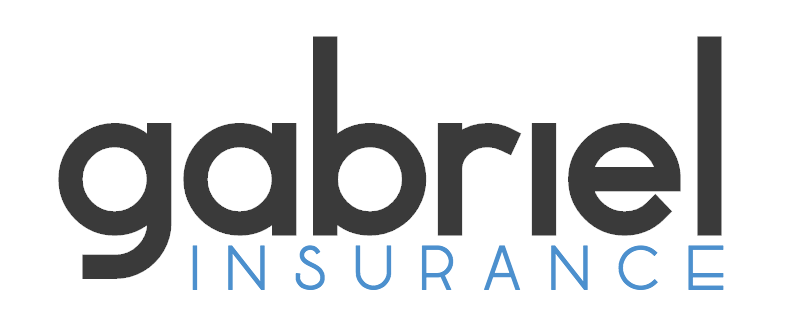Compliance
Question: We have a longtime employee who’s no longer meeting expectations. The owner is afraid to hold them accountable because they’re over 40 and therefore in a protected class. What can we do?
Question: We have a longtime employee who’s no longer meeting expectations. The owner is afraid to hold them accountable because they’re over 40 and therefore in a protected class. What can we do? Answer: In general, you shouldn’t let an employee’s protected class status deter you from holding them accountable to your performance expectations. After all, everyone belongs to protected classes. Being
Question: Are there questions or topics we should avoid during the hiring process? How can we be sure we don’t accidentally get into one of those topics?
Question: Are there questions or topics we should avoid during the hiring process? How can we be sure we don’t accidentally get into one of those topics? Answer: You should avoid asking questions that could be viewed as discriminatory or that infringe on a candidate’s privacy. Essentially, you want to avoid any questions that are not directly related to the candidate’s ability
Question: Does the National Labor Relations Act apply to my business if we don’t have a union?
HR Snapshot by Mineral Answer by Kyle, PHR Question: Does the National Labor Relations Act apply to my business if we don’t have a union? Answer: It does! Congress enacted the National Labor Relations Act (NLRA) in 1935 to protect the rights of employees and employers, to encourage collective bargaining, and to limit certain labor and management practices that can harm the general
Question: Do we need to pay summer interns?
Answer: Generally, yes, though it depends on who benefits most from their work. The U.S. Department of Labor (DOL) has adopted the “primary beneficiary test” to determine whether a worker is an employee (who must be paid in accordance with federal wage and hour law) or can be classified as an unpaid intern (a non-employee who is exempt from federal wage
6 ways to plan for a bright future beyond renewals
Ed Ligonde, Eric Silverman | January 24, 2024 6 ways to plan for a bright future beyond renewals Employee benefit brokers play a pivotal role in helping organizations provide competitive and comprehensive benefits to their employees. However, there is a common misconception that producers’ duties end with annual renewals in a mad dash to the Q4 finish line — now in our
Employment Law Trends at the Start of 2024
HR Advisor Newsletter by Choice Builder Employment Law Trends at the Start of 2024 With each new year, the world of HR and compliance looks a little different than before. Minimum wages increase. New laws go into effect. Trends emerge as state legislatures look at what their neighbors are doing and think, “We should do something similar!” Themes for 2024
Question: Can we ask employees if they are taking any medications that may impair their abilities to do their job?
HR Snapshot by Choice Builder| Laura, MA, SHRM-C Question: Can we ask employees if they are taking any medications that may impair their abilities to do their job? Answer: Generally, no. The Americans with Disabilities Act restricts employers from asking medical questions of employees and protects the privacy of medical information. Asking about prescription medications would fall into the category of a
Annual Employee Benefits Compliance Responsibilities On January 1st
December 5, 2023 | Source: Word & Brown, by Paul Roberts The start of each year marks an important date for employers as they face annual compliance responsibilities related to their health plans, the Affordable Care Act (ACA), and COBRA. Staying on top of these regulations is crucial for compliance and to avoid significant non-compliance penalties. Benefits advisors and insurance brokers play a
Question: Are we required to update our I-9s when the documentation used for them expires?
December 27, 2023| Source: Eric SHRM-SCP Question: Are we required to update our I-9s when the documentation used for them expires? Answer: You would only update a Form I-9 if the expired document pertains to a limited period of employment authorization. You should never reverify U.S. citizens and, in most cases, lawful permanent residents (Green Card holders). However, if a lawful permanent
Question: Are we required to have an introductory period for new employees?
Kim| SPHR | HR WOW Answer: No. Some employers call the first few weeks or months of an employee’s time with the company an introductory period, but this designation has no bearing on the rights employers or employees have. An introductory period doesn’t reduce the risks of termination (you should still have a good business reason and documentation) or mean that an
